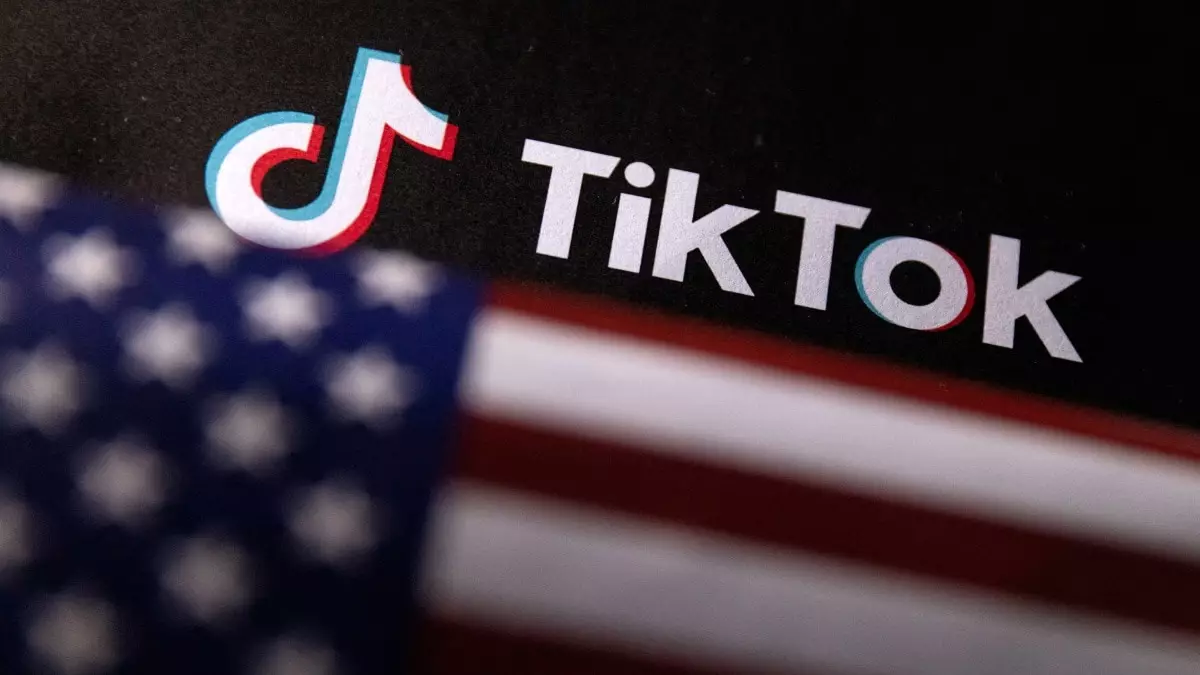As President-elect Donald Trump prepares to assume office, a critical legal battle looms over TikTok, the ubiquitous social media platform with a staggering 170 million users in the United States. The U.S. Supreme Court is scheduled to hear arguments regarding a law that mandates TikTok’s owner, ByteDance—a Chinese tech giant—to divest its interests in the app or face a complete ban. Providing a deadline for this action, the law stipulates that ByteDance must comply by January 19, just a day before Trump’s inauguration. The implications of this ruling resonate far beyond the dimensions of a single app; they touch on broader issues of national security, American interests, and the complex dynamics of international tech ownership.
Interestingly, Trump’s current position regarding TikTok has starkly shifted from his previous administration’s stance in 2020, wherein an aggressive approach sought to block the app altogether due to apprehensions about its Chinese ownership and potential data privacy threats. This apparent reversal unveils a multifaceted narrative involving evolving political landscapes, economic interests, and perhaps a measure of pragmatism as he contemplates the role of social media in modern governance. Whispers of Trump’s newfound affinity for TikTok parallel his campaign strategies, which saw the platform delivering billions of views—an enticing attraction for a politician keen on leveraging social media to connect with younger voters.
At the heart of the legal challenge lies the Supreme Court’s decision to entertain Trump’s request for a stay on the impending deadline for divestiture. Trump’s attorney, D. John Sauer, expressed the president-elect’s desire for the Court to pause such drastic measures while his administration seeks a political resolution to the matter—a maneuver that intertwines legal arguments with strategic political interests. This scenario raises questions about the appropriateness of the Court’s involvement in such a politically charged issue and whether it positions the judiciary as a referee in an escalating game between national security and corporate interests.
On one hand, the U.S. Justice Department insists that Chinese ownership poses significant national security threats, a sentiment echoed by many lawmakers who view the situation as not just a business transaction, but as a potential breach of privacy that could jeopardize American citizens’ data. The coalition led by Montana Attorney General Austin Knudsen reinforces this perspective, urging the Supreme Court to uphold legislation that invites stern responses to perceived foreign threats. Meanwhile, TikTok and ByteDance contest these allegations, asserting that user data is effectively insulated from foreign influence through localized storage practices and governance by American staff.
This unfolding saga is emblematic of a larger cultural and geopolitical tension where technology transcends borders and complicates traditional notions of national sovereignty. Free speech advocates warn that a ban on TikTok could evoke the very censorship mechanisms that the United States decries in authoritarian regimes worldwide. They argue that such moves reflect a slippery slope towards a technologically-driven authoritarianism that curtails the free expression rights of millions of American users.
As the Supreme Court prepares to listen to arguments on January 10, the stakes are indisputably high. The decision it reaches could set a precedent for how foreign-owned apps operate in the United States and shape the relationship between technology companies and government oversight. In the balance hangs not only the future of TikTok but also a reflection of American values as they grapple with the challenges of globalization, market dynamics, and individual freedoms in the digital age.
In the wake of Trump’s evolving narrative, only time will tell whether TikTok can continue its American saga or face an untimely shutdown. This case serves as a microcosm of the greater tensions poised between national security concerns, economic priorities, and the intricacies of democratic governance in the digital age.

